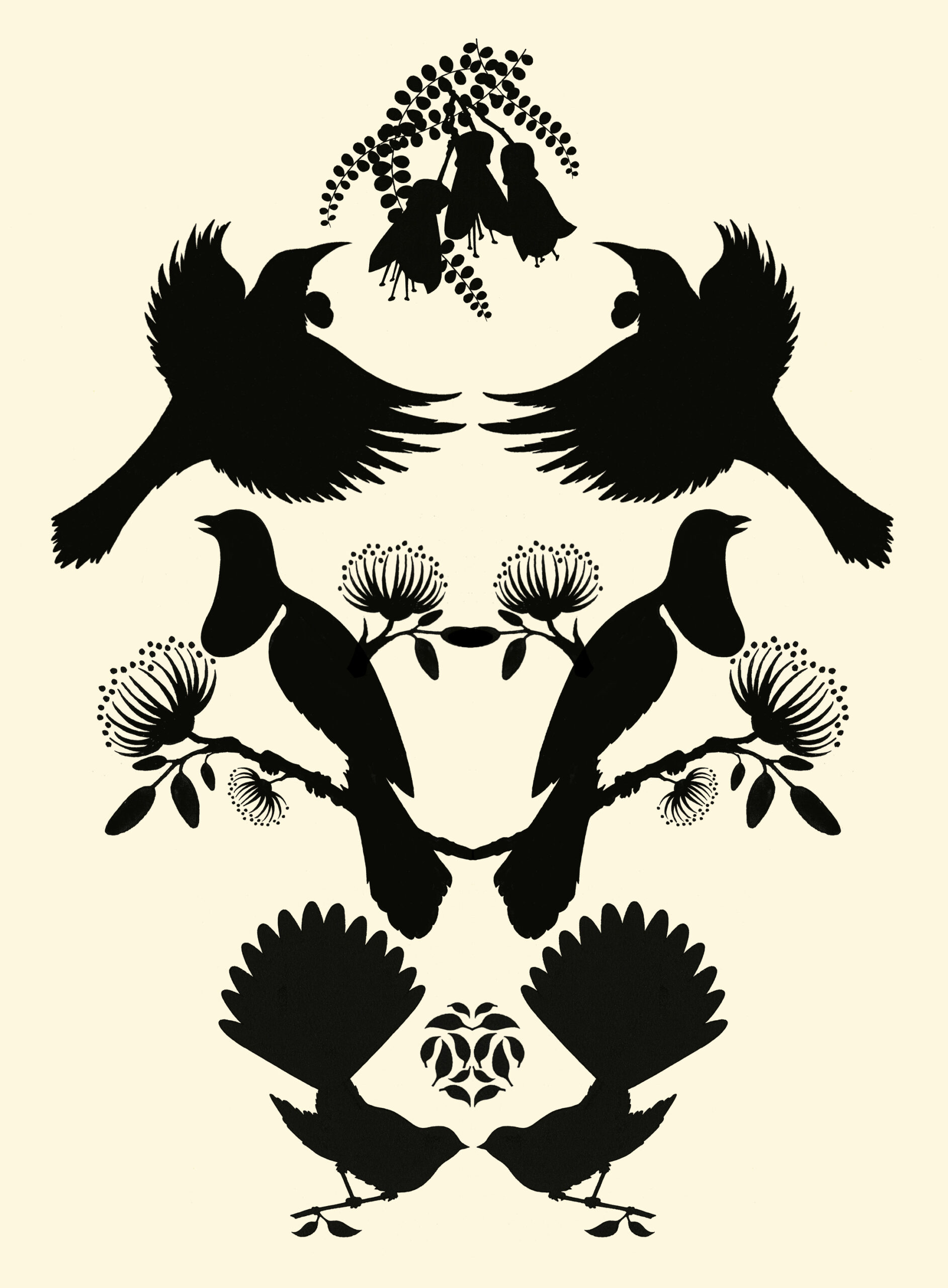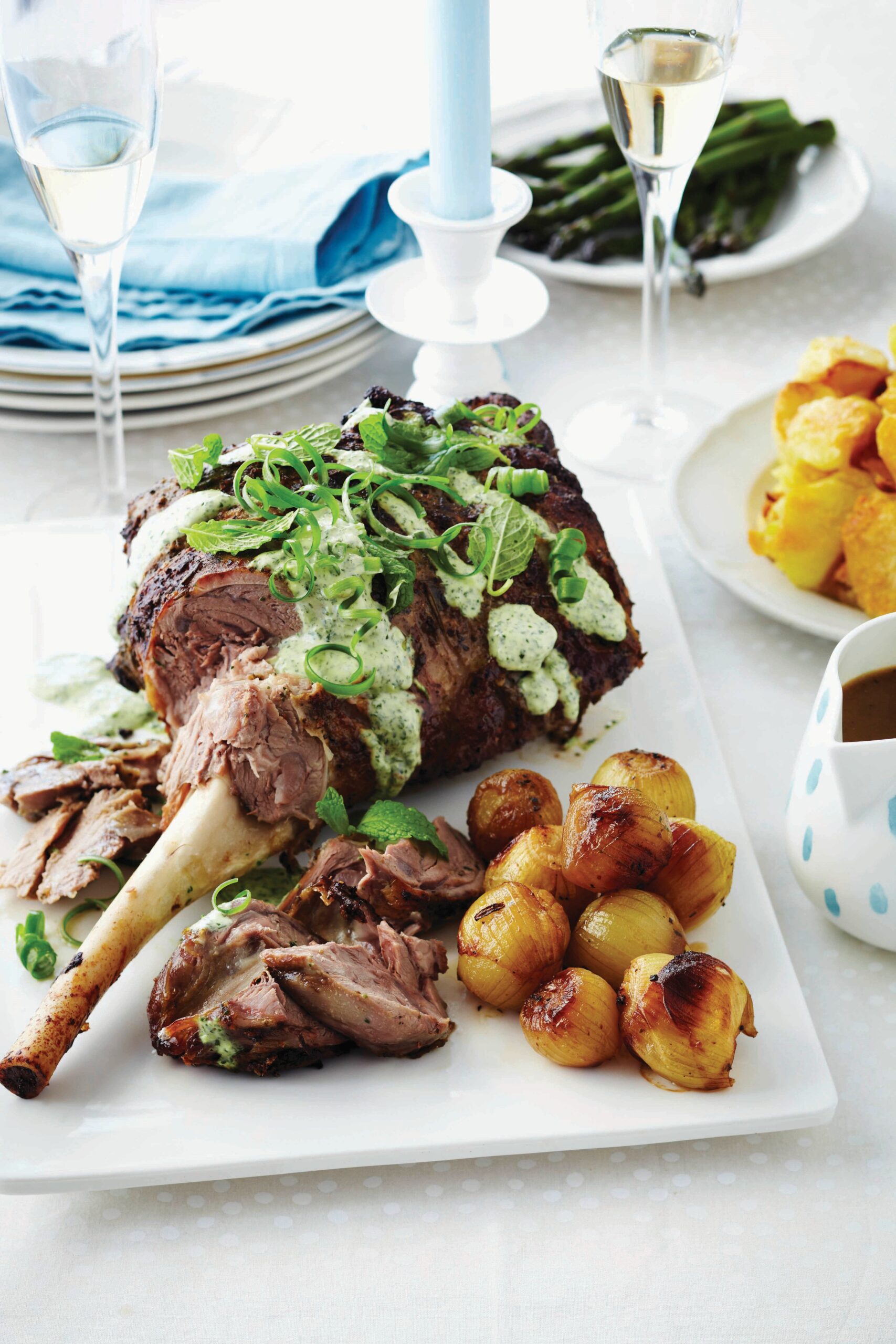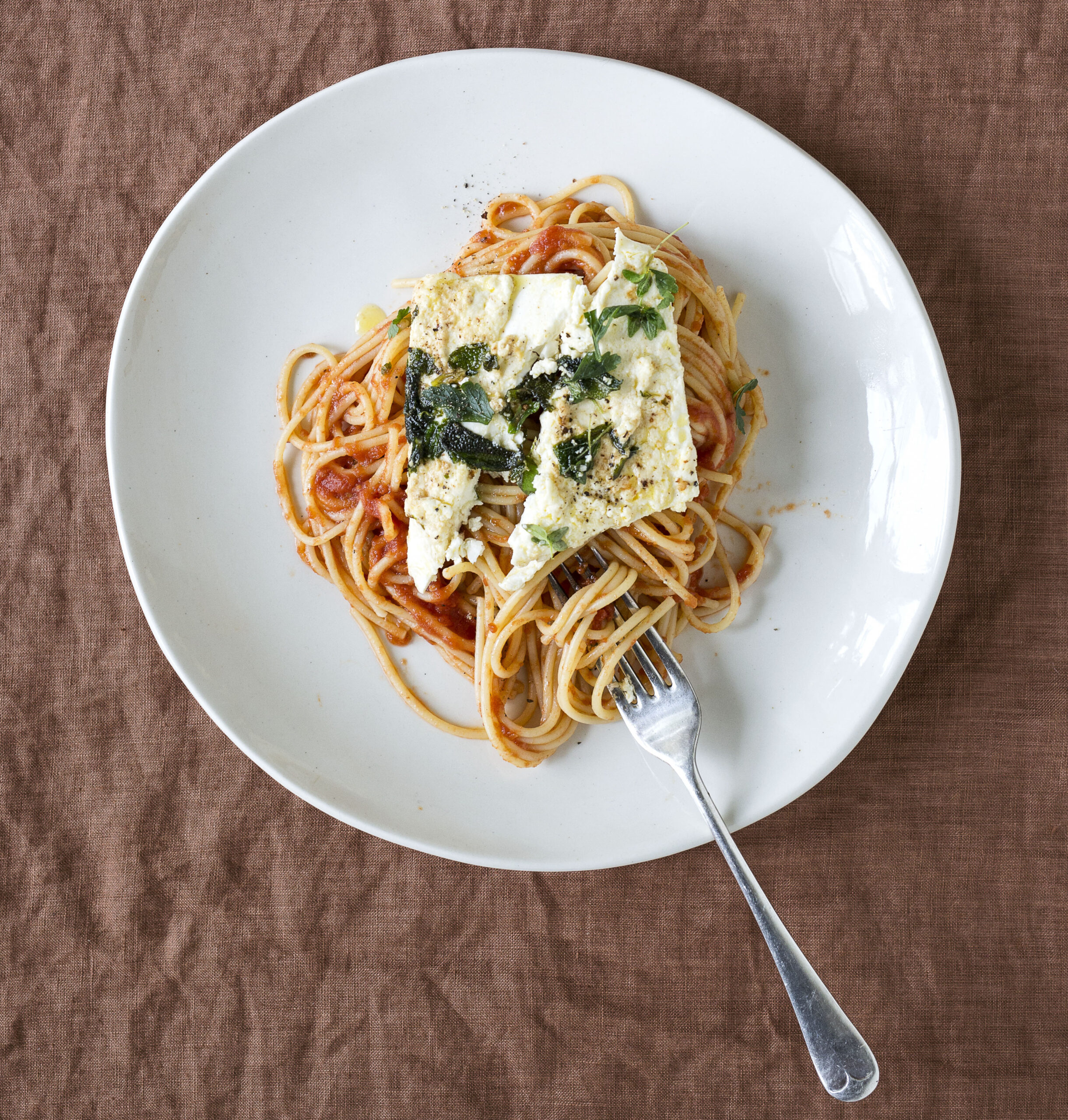From issue 59.
One of the many upsides of caring for native birds in our gardens means they will appear more frequently.
Growing up, my dad and I were members of the Royal Forest and Bird Protection Society. We would attend meetings and go on nature excursions; I’d always have my little binoculars at the ready for getting a closer look at a tūi or tauhou (wax-eye). I guess living on a remote island and being surrounded by native birds was my normal – I now realise how lucky I was.
From the front deck of our house we would see and hear all kinds of birds. I learned from a young age to recognise their different sounds and names. On family bush walks we would see kererū (wood pigeons) getting drunk off puriri berries and have pīwakawaka (fantail) fly right up to us. The ruru (morepork) call was a sound we heard most nights and years later it still reminds me of home.
As our population in New Zealand grows and becomes more urbanised, natural habitats and food sources for our native birds are becoming less available. Another major issue is predators such as possums, stoats, rats and feral cats.
Because of these factors many of our treasured birds are declining in numbers. The good news is that there are a number of things we can do to make our gardens and outdoor spaces safe havens for them.

Bird-friendly gardens
Native trees and native birds go hand in hand, so planting some of these is a great start. Try to use plants that naturally occur in your area.
Varieties that flower in spring/summer such as kōwhai, pōhutukawa and flax, provide nectar for birds such as the tūi and korimako (bellbird) who especially love these. Shrubs such as hebe varieties or koromiko attract the insects that small birds like the pīwakawaka and riroriro (grey warbler) like to feed on.
We can also help to boost native bird numbers by leaving food and clean water out for them. But what exactly do native birds eat? Many people associate feeding birds with bread, but this isn’t the best choice for them as it’s high in carbohydrates and salt, and low in nutrients (maybe I need to remember this for myself!).
Native birds live mostly on nectar, fruit and insects. To attract them to your garden, try leaving out bits of fruit, a sugar-water solution – one part raw or brown sugar to five parts water works well – and create areas, such as leaf piles, that provide plenty of insects.
During the summer months, nectar-feeding birds will be out and about foraging. In areas where flowering native plants are scarce, you can try leaving out a sugar-water solution or a nectar feeder such as the Topflite Nectar Nutra Feeder.
Putting out extra supplies for birds now also helps them to remember where they can go to find food when pickings become slim in the colder months. Autumn is when you may see fruit-loving birds around, such as the kererū, as there is lots of ripe fruit available. Leaving fruit out during autumn and into winter will also draw in birds such as tūi, tauhou, korimako, kākā and hihi (stitchbird). Small birds like the tauhou will be grateful for extra fats during these seasons – Topflite’s Energy Cakes, Logs and Truffles are great supplements for them.
Like in winter, early spring is a time with little food for birds so continue to provide fruit and sugar water until there is more available for them. Make sure birds always have access to a tub of fresh water and a clean feeding area. Somewhere up high and out of cat-pouncing reach will make them feel more at ease and ensure they’re safe from predators. Because possums, rodents and feral cats are such a major threat to native birds, controlling these in your garden space is important. Note also you should never put out mouldy or stale food, cooked porridge or salty food as these can be harmful to birds.
As we care for native birds in our gardens, they will visit more frequently. Let’s do our part to see their numbers grow so they will be around for future generations. I know I want my children to still hear the ruru call on still nights and know how special that is.





